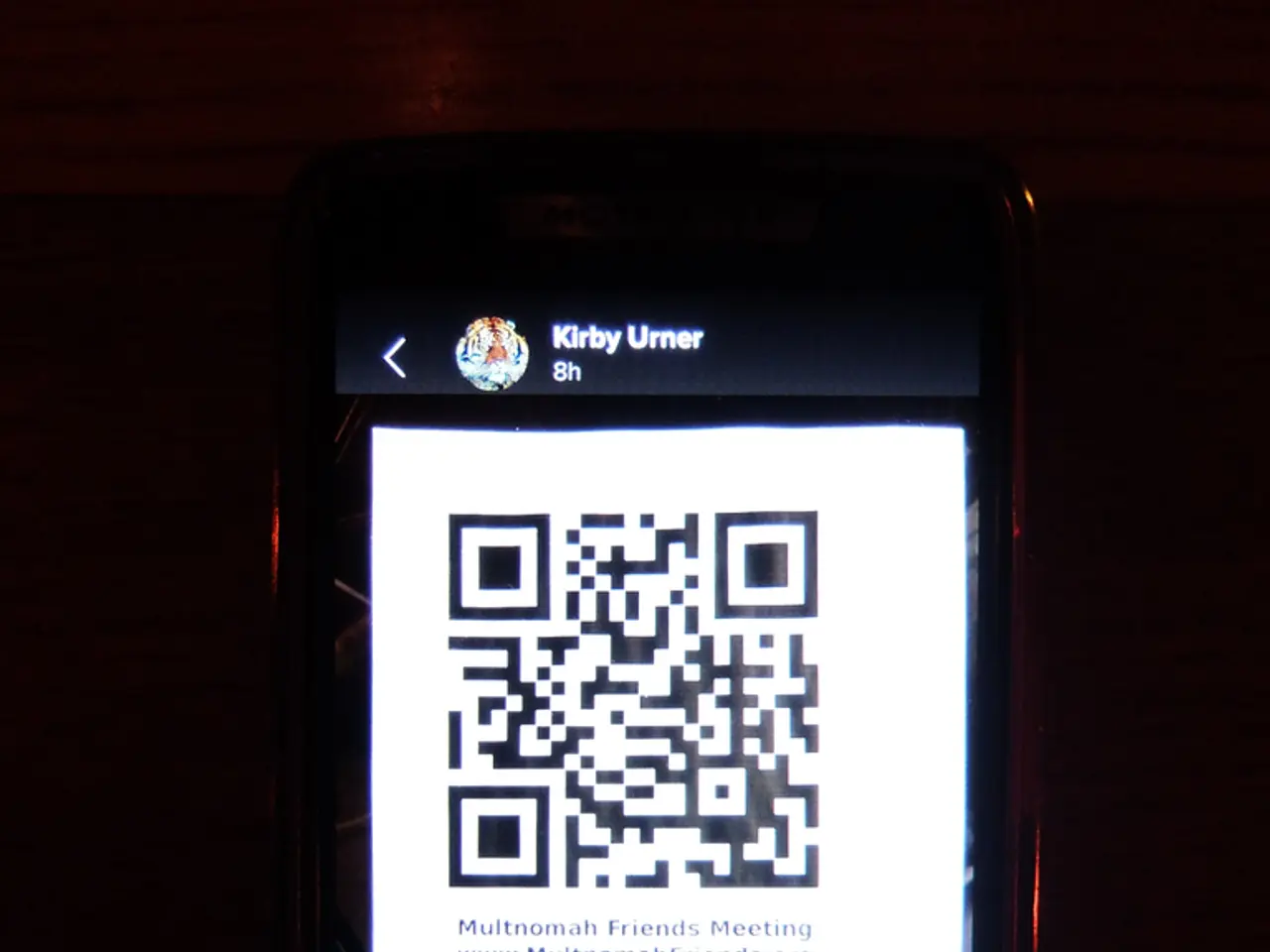Encryption fortified against quantum computing found in recent updates from Apple and Microsoft.
In a significant move towards safeguarding user data and digital infrastructure, tech giants Apple and Microsoft are actively incorporating quantum-resistant encryption into their upcoming operating systems. This proactive step aims to protect against potential threats posed by future quantum computers.
Apple's upcoming operating system updates, including iOS 26, iPadOS 26, macOS Tahoe 26, and visionOS 26, are anticipated to debut during the company's Fall product launch in September. Starting with iOS 26, Apple has enabled quantum-secure encryption in TLS 1.3 by default on its operating systems for recommended networking APIs, such as URLSession and Network.framework. This upgrade uses a quantum-secure key exchange standard, developed through efforts by the National Institute of Standards and Technology (NIST) and the Internet Engineering Task Force (IETF), designed to prevent "harvest now, decrypt later" attacks.
Developers are encouraged to migrate from legacy networking APIs like Secure Transport, which won't support quantum-resistant TLS. Quantum-secure encryption protects communication between clients and TLS-terminating servers; to fully benefit, servers must also enable quantum-secure TLS. Many major content and hosting providers already support or enable this encryption by default, making adoption easier for developers.
Microsoft Corporation is also making strides in this area. While specific technical details of Microsoft’s incorporation were not elaborated, it is clear that Microsoft is advancing quantum-resistant encryption in their software updates to prepare for the quantum computing threat. Their platform upgrade aims to be quantum-proof, offering assurances to customers in sensitive sectors like finance, healthcare, government, and technology that communications today remain secure in a future quantum world.
This development underscores the growing industry-wide focus on quantum-resistant encryption and post-quantum cryptography. The race to future-proof data privacy is accelerating, as quantum computing becomes a growing concern. Both companies' efforts are part of a broader industry push to move towards post-quantum cryptography (PQC), which prepares digital infrastructure to resist attacks from quantum computers without abandoning existing cryptographic standards completely.
Early access to the PQC-enabled Windows 11 is available through Microsoft's Windows Insider program. The updates will extend Apple's post-quantum cryptography capabilities beyond iMessage and support quantum-secure key exchange, but will default to traditional algorithms when necessary.
This shift towards quantum-resistant encryption signifies a significant step in the evolution of the digital landscape, with major tech firms positioning themselves at the forefront of cybersecurity innovation. The operating systems of tomorrow are already laying the groundwork for quantum-resistant encryption, ensuring long-term data protection across digital communications and financial systems.
[1] Apple Inc. (2023). iOS 26 Preview. Retrieved from https://developer.apple.com/ios/26-preview/ [2] Microsoft Corporation (2023). Windows 11 Update: Quantum-Resistant Encryption. Retrieved from https://www.microsoft.com/en-us/windows/windows-11-update [3] National Institute of Standards and Technology (2022). Post-Quantum Cryptography. Retrieved from https://www.nist.gov/pqc [4] Internet Engineering Task Force (2021). Post-Quantum Cryptography. Retrieved from https://datatracker.ietf.org/wg/pqc/charter/ [5] European Union Agency for Cybersecurity (2022). Post-Quantum Cryptography. Retrieved from https://www.enisa.europa.eu/activities/technical-help-docs/post-quantum-cryptography
In light of the contemporary quantum computing threat, Apple Inc. has integrated quantum-resistant encryption into the networking APIs of its upcoming operating systems like iOS 26, iPadOS 26, macOS Tahoe 26, and visionOS 26, starting from iOS 26. This move mirrors Microsoft Corporation's efforts, who are also fortifying their software updates with quantum-resistant encryption, offering enhanced security to sectors such as finance, healthcare, government, and technology.




